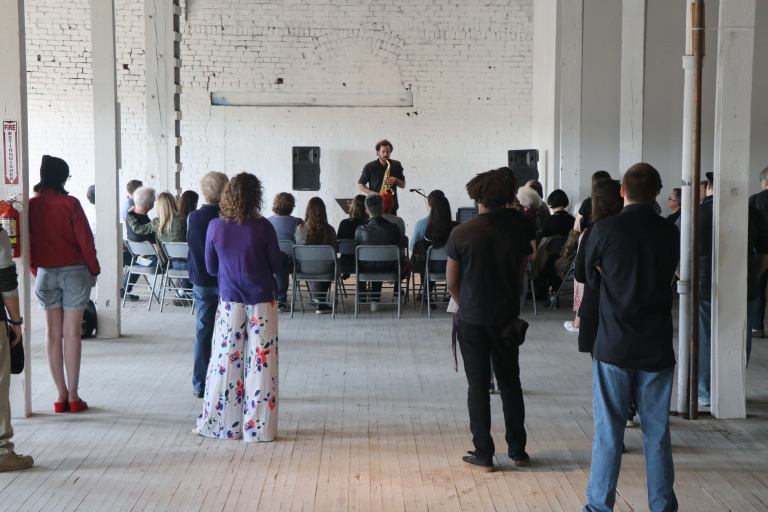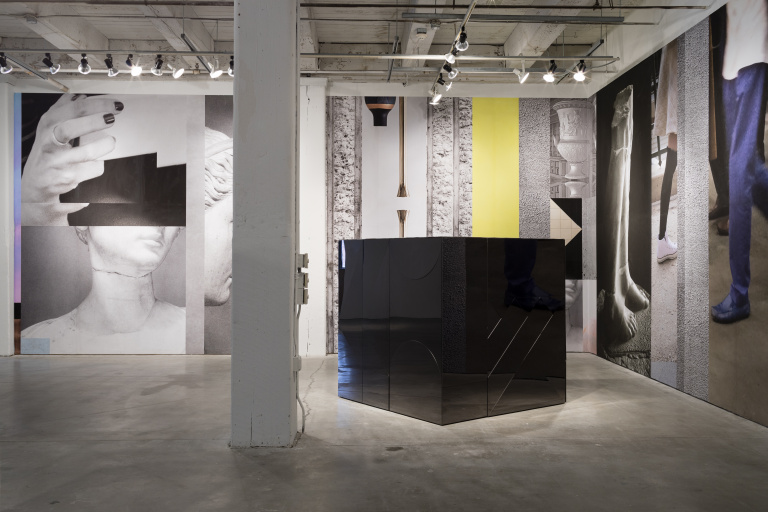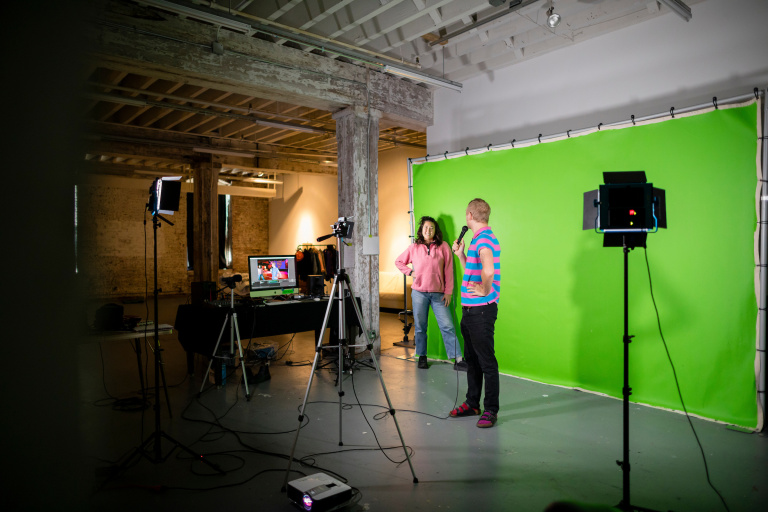There are no open positions at this time. Please check back for future opportunities.
For career questions, contact:
Administrator
402.341.7130 x 24
jobs@bemiscenter.org

Ideal candidates share our values of creativity, trust, courage, diversity, acceptance, and the open exchange of ideas and worldviews. Applicants of all races, genders, sexual orientation, religion, ethnicity, national origin, and all other characteristics that make us different are encouraged to apply.
Explore our job openings or find out more about other ways to get involved through internships and volunteering.

Working at Bemis Center for Contemporary Arts makes you a part of a team of passionate, collaborative, and creative professionals dedicated to facilitating the creation, presentation, and understanding of contemporary art.
Additional perks according to our staff are listed below!

- Work directly with art + artists, helping them realize their vision and goals
- Learn + be inspired at Bemis events and programs
- Exposure to the constant influx of artists, ideas, and forms of expression and rotation of exhibitions
- Preconceived notions of what “art” is are constantly challenged; life-long learning is encouraged and critical thinking is the norm
- Fun team-building and bonding activities + outings
- Opportunities to collaborate with community organizations
- Memberships + discounts with partner organizations
- Access to Bemis facilities
- Flexible, casual, and pet-friendly work environment
- Acceptance–all weirdos are welcome at Bemis!
GET MORE ART IN YOUR INBOX
Contemporary Arts
724 S. 12th Street
Omaha, NE 68102
402.341.7130
info@bemiscenter.org






